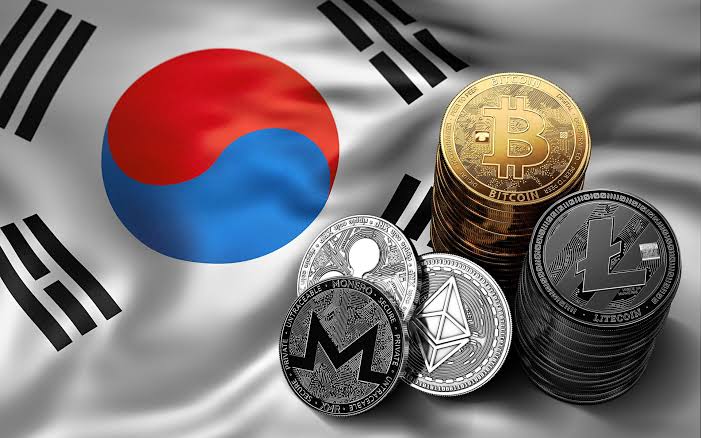Following the Terra collapse in the spring of last year, South Korean lawmakers plan to tighten regulations, focusing in particular on the safety of investors in digital assets and toughening the penalties for unethical commercial practices in the sector.

Local media reports that the Financial Services Commission (FSC) and the National Assembly are working to pass a bill that would allow financial authorities to supervise cryptocurrency exchanges and monitor unfair trade practices like the use of confidential information, price manipulation, and fraud.
Although the National Assembly has already received 14 proposals relating to cryptocurrencies and digital assets, and the ambitious and comprehensive Digital Asset Basic Act is in the works, this legislation is emerging and should provide greater investor protection beginning in 2023.
As a National Assembly representative who preferred to remain nameless told the media:
“In the U.S., since the Securities and Exchange Commission (SEC) exercises a wide range of powers, it is possible to punish unfair trade in virtual assets without separate legislation, but in Korea, related legislation is absolutely necessary.”

Despite the lack of detailed information regarding the penalties for various malpractices, it is anticipated that they will be created to align supervision and punishment at a level akin to that of the conventional financial industry.
Do Kwon, a co-founder of Terra, was the subject of an arrest warrant from South Korean authorities in September. The warrant was later revoked, and Kwon was added to Interpol’s Red Notice list so that law enforcement could find and possibly detain him. The co-founder of Terra was given a mandate by South Korea’s foreign ministry on October 6 to give up his passport or risk having it revoked.
The FSC disclosed at the end of October that it will keep track of crypto whales with holdings worth more than 100 million won ($70,000) for the purpose of thwarting attempts to launder money using digital assets.